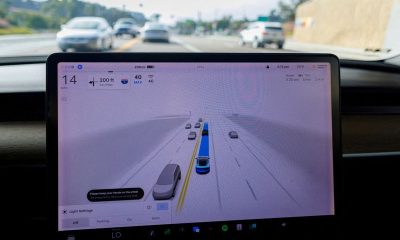Investing
Elon Musk open to advertising, Stellantis stalemate: This week in EVs
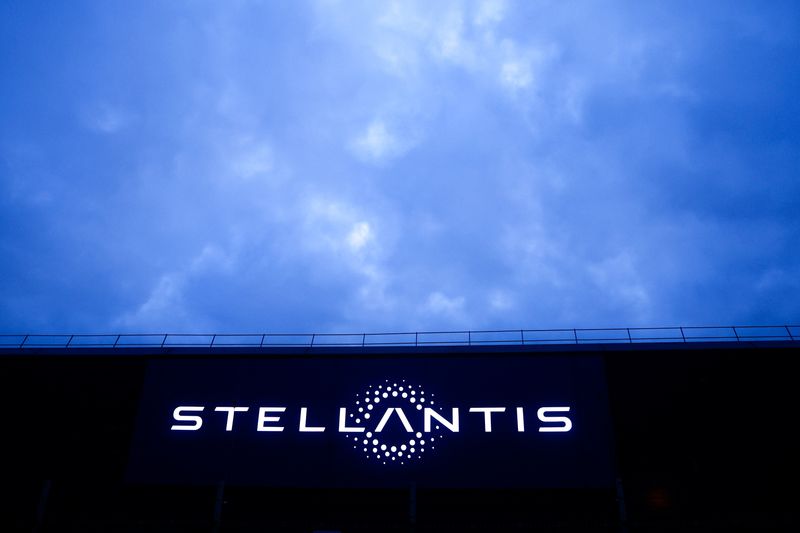
© Reuters
Investing.com — Here is your weekly Pro Recap of the past week’s biggest headlines in the electric vehicle space: a Stellantis stalemate; Musk signals openness to advertising; NIO goes nuclear; a new EV tax in Texas.
Get market-moving news like this in real-time: Start your free 7-day trial for InvestingPro.
Canada’s ‘will-they-won’t-they’ with Stellantis
Revving up the headlines this week, on Monday automotive powerhouse Stellantis (NYSE:) announced the halt in construction of its $3.7B EV battery factory in Windsor, Ontario. A company spokesperson confirmed that the decision stemmed from disagreement with the federal government over much-coveted subsidies.
An increase in federal support was negotiated to keep construction in the country, but Canada was slow to deliver on its promises, prompting STLA to pump the brakes. Canada’s federal government argued that Ontario, where the battery plant is being built, should “pay its fair share” and offer more attractive terms to the automaker.
The Premier of Ontario, Doug Ford, initially resisted the idea, but he eventually answered the call Friday when he announced that his government would also increase its financial support to help Stellantis resume construction.
InvestingPro subscribers got this news before anyone else. Start your 7-day trial for access to real-time market-moving headlines.
Tesla takes on advertising
Shares of Tesla (NASDAQ:) sank a quick 2.4% early Monday after the influential Soros Fund cut its $16M stake in the company, effectively eliminating its investment in the EV giant. The fund also cut its holding in Rivian Automotive (NASDAQ:) following the electric automaker’s 90% share decline from its intraday peak in November 2021.
However, what everyone is buzzing about this week is CEO Elon Musk’s reversal on his advertising policy. Musk has for years resisted the idea of advertising, tweeting in 2019 that he “hates advertising” and, “We use that money to make the product great.” But, during the company’s investor meeting Tuesday, an investor asked about potential advertising and Musk appeared to decide in real-time during the meeting to give advertising a try, saying the company will try out “a little bit of advertising.”
Shares quickly rebounded, and continued to rise after news broke that Tesla was looking to establish a manufacturing presence in India. Tesla met officials from Prime Minister Narendra Modi’s office on Wednesday, where it proposed setting up a new factory, albeit without specifying a location or investment. The proposal follows India’s refusal to agree to Tesla’s request last year to lower the import tax on cars, which can reach as much as 100%.
Shares of TSLA gained 5.9% for the week.

NIO goes nuclear
Chinese electric automaker Nio (NYSE:) made an investment in Neo Fusion, a company that is developing fusion technologies for commercial use.
Nio invested 995M yuan for a 19.9% stake while Nio Capital, the investment firm founded by Nio’s chief executive William Li, invested 505M yuan for a 10.1% share.
“Staying true to the original aspiration of Blue Sky Coming, Nio aims to facilitate the R&D and commercialization of nuclear fusion technology by making financial investment into this project,” Nio said in a statement on Friday.
The EV maker also announced a collaboration agreement with automotive safety supplier, Autoliv (NYSE:) Friday. Under the agreement, NIO and Autoliv will collaborate on the development of safety products catering to electric vehicles.
Shares of NIO ended the week at $8.07, 2.3% off its weekly high of $8.26 achieved on Monday.
EVs in politics
Over the weekend, Texas Governor Greg Abbott signed into law a bill that will require EV owners to pay $400 to register a new electric vehicle, on top of other fees. The bill, Senate Bill 505, unanimously passed a vote in the Texas State House in late April. State Sen. Robert Nichols (R), who sponsored the legislation, said an additional EV fee is necessary because these drivers don’t pay gas taxes when they fuel their vehicles.
The new tax is expected to go into effect September 1, and is expected to funnel at least $38M in new money to the state highway fund.
In other political news, the Biden-Harris administration on Thursday announced a $51M investment towards EV charging infrastructure to accelerate the electrification of the nation’s transportation sector.
In addition, the government announced the establishment of the National Charging Experience Consortium (ChargeX), with the purpose of accelerating the development of immediate and practical EV charging solutions. The objective of ChargeX is to help the EV industry achieve first-time plug-in success every time a customer uses public charging infrastructure.
The Consortium already has commitments from nearly 30 companies and organizations that are working to support the deployment of a reliable national charging network.
Get a leg up on the market: Always be the first to know with InvestingPro.
Start your free 7-day trial now.

Read the full article here

-

 Make Money6 days ago
Make Money6 days ago10 Critical Questions to Ask Your Financial Advisor Now
-

 Make Money5 days ago
Make Money5 days ago10 Ways to Make Money As a Graphic Designer
-
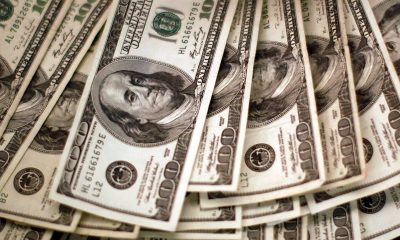
 Personal Finance4 days ago
Personal Finance4 days agoIf you are 60 years old, new 401(k) rules could save you money
-

 Investing5 days ago
Investing5 days agoCould Easier Cancellations Build Customer Loyalty?
-
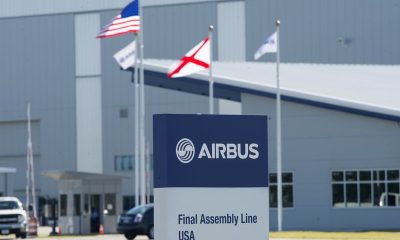
 Investing6 days ago
Investing6 days agoAirbus keeps top spot with 766 jet deliveries in 2024 By Reuters
-
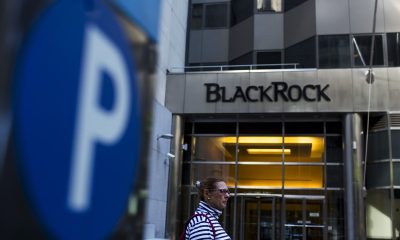
 Investing3 days ago
Investing3 days agoBank regulator gives BlackRock new deadline on bank stakes, Bloomberg reports By Reuters
-
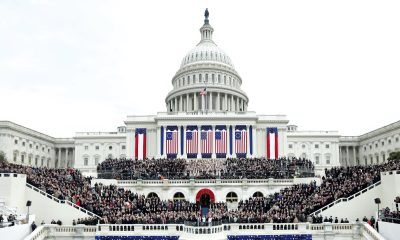
 Side Hustles5 days ago
Side Hustles5 days agoTrump’s 2025 Inaugural Committee Raises Record $170 Million
-

 Side Hustles4 days ago
Side Hustles4 days ago5 AI Books Top Entrepreneurs Are Reading in a Rush for 2025











